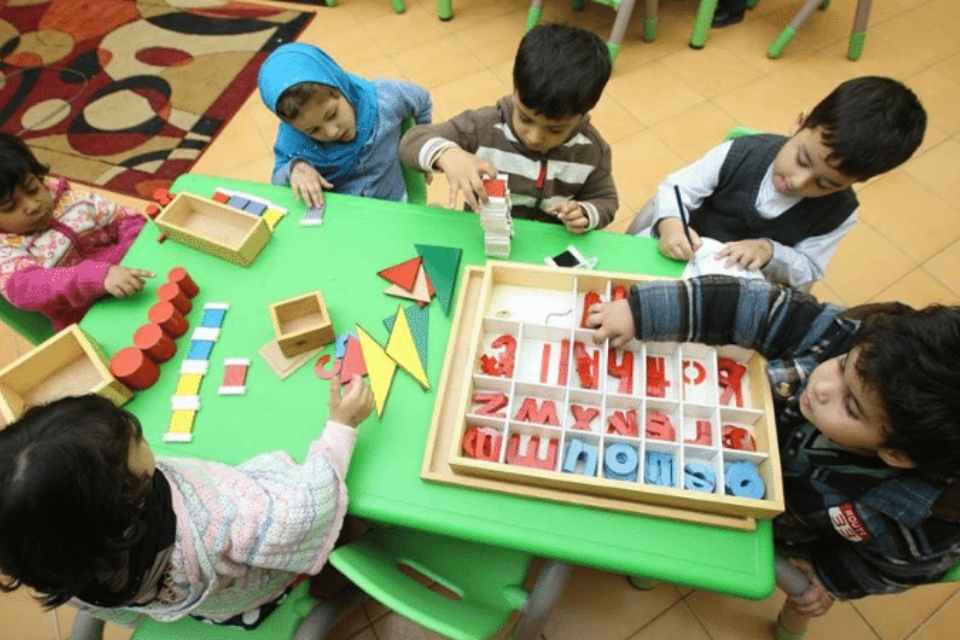Education plays a pivotal role in shaping a child’s future, and for many families, choosing the right school means finding a balance between academic excellence and spiritual growth. Best Islamic schools have gained popularity for their ability to integrate faith-based learning with rigorous academic programs, providing students with a well-rounded education that nurtures both the mind and the soul.
Table of Contents
ToggleFaith and Academics: A Unified Approach
Islamic schools operate on the principle that education should develop not only intellectual abilities but also moral and spiritual character. They achieve this balance through the following methods:
1. A Holistic Curriculum
Islamic schools combine secular subjects such as mathematics, science, and literature with Islamic studies, Quranic teachings, and Hadith. This dual approach ensures students are equipped with the knowledge and skills they need to succeed in modern society while staying rooted in their faith.
For instance, Islamic values like honesty, compassion, and perseverance are often woven into everyday lessons, allowing students to see the relevance of their faith in all aspects of life.
2. Character Development
A core focus of Islamic schools is instilling strong moral character in students. Through daily practices such as prayer, ethical discussions, and community service, students learn to embody the principles of Islam in their actions and interactions.
By nurturing qualities like empathy, respect, and responsibility, Islamic schools prepare students to be compassionate and ethical leaders in their communities.
3. Safe and Inclusive Environment
Islamic schools create an environment where students feel safe, respected, and valued. This atmosphere promotes not only academic success but also emotional well-being. For many parents, the emphasis on modesty, mutual respect, and Islamic values ensures that their children grow up in an environment aligned with their beliefs.
4. Parental Involvement
Islamic schools often encourage strong partnerships with parents, fostering a sense of community. Regular communication, parent-teacher meetings, and family events help ensure that children receive consistent support both at school and at home.
5. Support for Academic Excellence
Contrary to misconceptions, Islamic schools are deeply committed to academic success. Many of these schools follow national and international educational standards, offering advanced programs in STEM, humanities, and the arts.
Additionally, Islamic schools often emphasize critical thinking and problem-solving skills, encouraging students to explore and excel in various fields. Graduates are well-prepared to pursue higher education and competitive careers, bringing both knowledge and ethics to their chosen paths.
The Role of Teachers in Balancing Faith and Academics
Educators in Islamic schools play a vital role in bridging faith and academics. They serve not only as instructors but also as mentors, guiding students in their personal and spiritual development. Teachers integrate Islamic principles into their lessons, showing students how their faith complements their learning and daily lives.
The Impact on Students
Students who attend Islamic schools often develop a deep sense of identity and purpose. By understanding their faith alongside academic concepts, they gain the confidence to navigate the challenges of modern life without compromising their values.
Many students report feeling empowered by their education, knowing they are part of a larger community that supports their goals and beliefs.
Why Choose an Islamic School?
For parents, the decision to enroll their children in a Home School often comes down to the desire for a balanced education. These schools provide:
- A Strong Foundation in Faith: Ensuring students understand and practice their religion.
- High-Quality Academics: Preparing students for success in further education and careers.
- Values-Based Learning: Promoting ethical behavior and moral responsibility.
Conclusion
Islamic schools stand out for their ability to harmonize faith and academics, offering students the tools they need to thrive in both worlds. By fostering intellectual growth and spiritual development, these institutions prepare children to become confident, compassionate, and knowledgeable individuals who contribute positively to society.
For families seeking a comprehensive education that aligns with their values, Islamic schools provide the perfect blend of faith and academic excellence.









